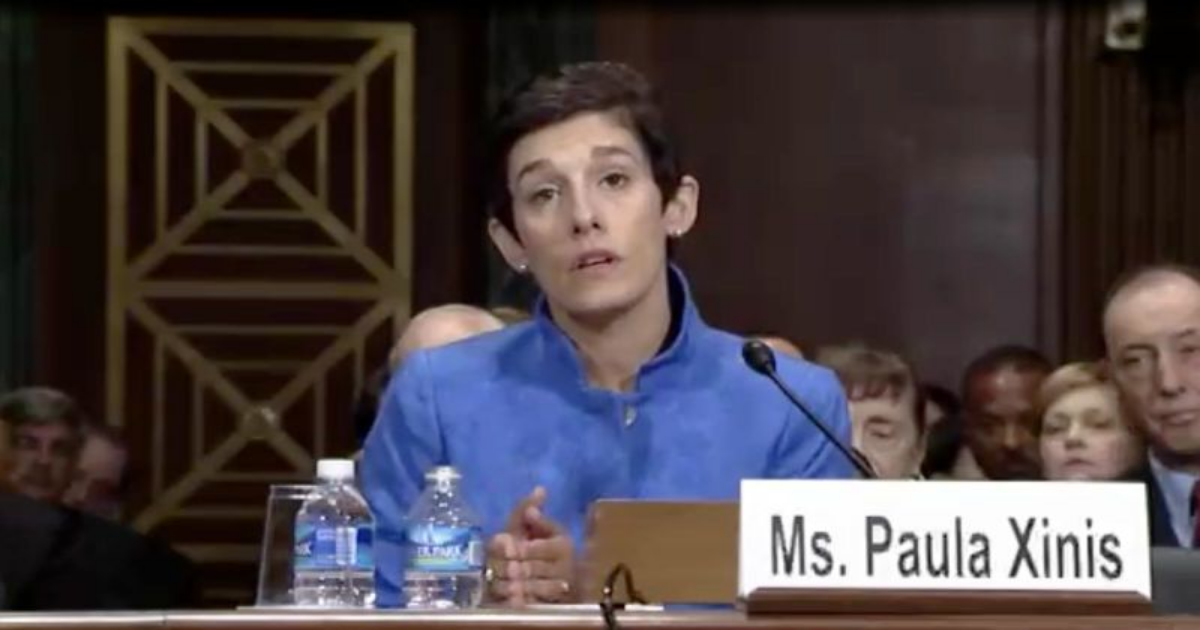CNN —
Federal Judge Paula Xinis is at the center of the case of a Maryland man mistakenly deported to El Salvador by the Trump administration that has emerged as a critical test of Trump’s aggressive crackdown on immigration in the United States.
Following a Supreme Court ruling that the US must “facilitate” Kilmar Abrego Garcia’s return, Xinis, a New York native who has sat on the federal bench in Maryland for nearly a decade, must now contend with a government whose officials insist it’s an issue for the president of El Salvador to decide.
“Our only job legally was to facilitate it if, according to the Supreme Court, President Bukele wanted him to come back to our country and he does not want him back and we do not want him back in our country,” Attorney General Pam Bondi said Wednesday on Fox News.
Since ordering Abrego Garcia’s return earlier this month, Xinis has gone toe-to-toe with Justice Department attorneys in her courtroom, appearing confident that the Supreme Court largely endorsed her decision to order the administration to bring Abrego Garcia back.
“We’re not going to slow walk this,” Xinis told the government last week. “So you will have a full and fair opportunity to be heard, but we’re not relitigating what the Supreme Court has already put to bed.”
Xinis has, at times, appeared frustrated with how the case has unfolded since the Supreme Court ruling. Earlier this week, she allowed for expedited fact finding to see whether the Trump administration is complying with her order.
“It is a fact now of this record that every day Mr. Garcia is detained in CECOT is a day of irreparable harm,” she said, referencing the high-security mega prison where inmates are packed into cells and never allowed outside.
“There will be no tolerance for gamesmanship or grandstanding,” she declared to attorneys when the status conference began.
She has allowed for “two weeks of intense discovery,” including depositions taken by Abrego Garcia’s attorneys of the administration officials who have been submitting the daily sworn statements.
And she wants both sides to move quickly: “Well, cancel – cancel vacation. Cancel other appointments,” the judge said at one point during the conference. “I’m usually pretty good about things like that in my courtroom, but not this time. So, I expect all hands on deck.”
Here’s what to know about the judge at the center of the Abrego Garcia case:
Like Judge Tanya Chutkan, the federal judge who notably presided over President Donald Trump’s criminal case in Washington, DC, Xinis previously served as a public defender.
Xinis spent more than a decade as an assistant federal public defender in Maryland, from 1998 to 2011. Before then, she was a law clerk for Judge Diana Gribbon Motz of the United States Court of Appeals for the Fourth Circuit from 1997 to 1998. In a recent interview with The Washington Post, Motz described Xinis as an “extraordinarily able young lawyer” who was “totally forthright” and “easy to work with.”
Xinis was confirmed by the Senate in 2016 in a 53 – 34 vote, more than a year after she was nominated by President Barack Obama.
Then-Alabama Senator Jeff Sessions scrutinized her record at her confirmation hearing in July 2015, pointing towards her work as a complaint examiner for the Office of Police Complaints for the District of Columbia and her firm’s role in a civil suit surrounding the 2015 death of Freddie Gray in Baltimore.
“I’ve never had an agenda even in my private practice, even in my practice as an assistant federal defender,” Xinis said. “There is no agenda for a well-trained judge. There is no agenda for me, sir, and there would not be if I were confirmed.”
Former Senator Patrick Leahy of Vermont later defended Xinis before her final confirmation vote on the Senate floor, pointing towards one case where she provided legal counsel to a Baltimore police officer unfairly accused of criminal wrongdoing.
In 2011, Xinis joined the Baltimore law firm, Murphy, Falcon & Murphy, where she handled civil matters and acted as a lead and co-chair trial attorney on federal civil rights violations, according to a questionnaire she provided to the Senate Judiciary Committee when she was nominated by Barack Obama in 2015.
She described her work in 2021 during a highly personal talk shared by the US Courts, where she looked back on representing “brain injured children poisoned in a lead paint study, a 39-year-old man who suffered a massive stroke after a police officer put him in a choke hold during a traffic stop,” and “patients at a drug rehab center poisoned by carbon monoxide.”
Xinis was born in 1968 in Mineola, New York, a town in Long Island, New York to a family of Greek immigrants. She completed her undergraduate studies at the University of Virginia and graduated from Yale School of Law in 1997.
CNN’s Devan Cole and Kaanita Iyer contributed to this report.
